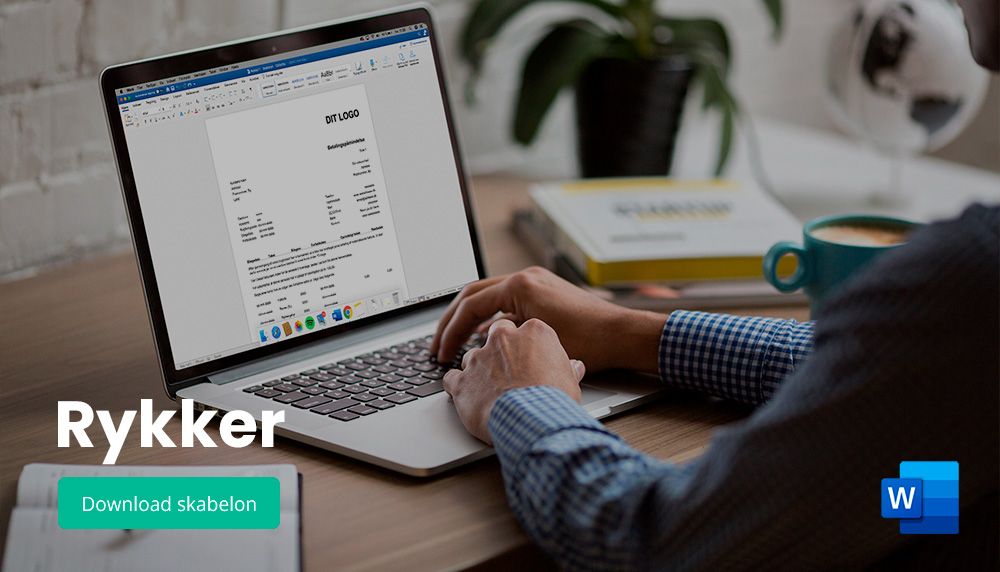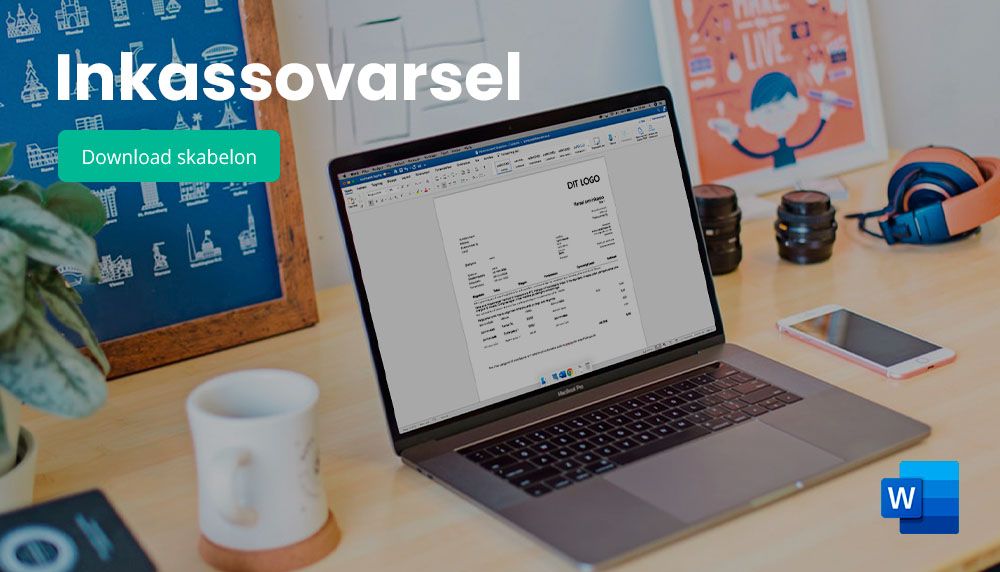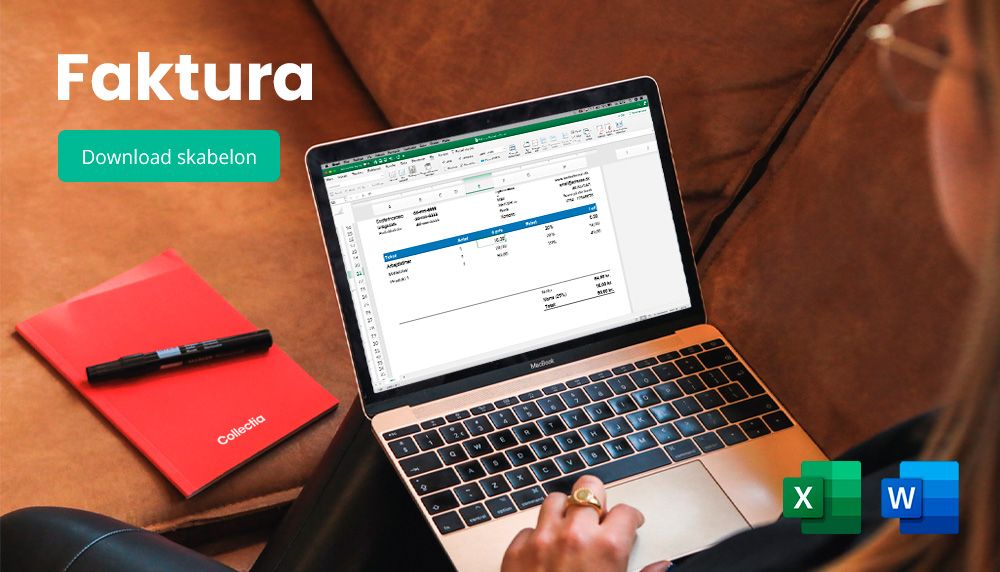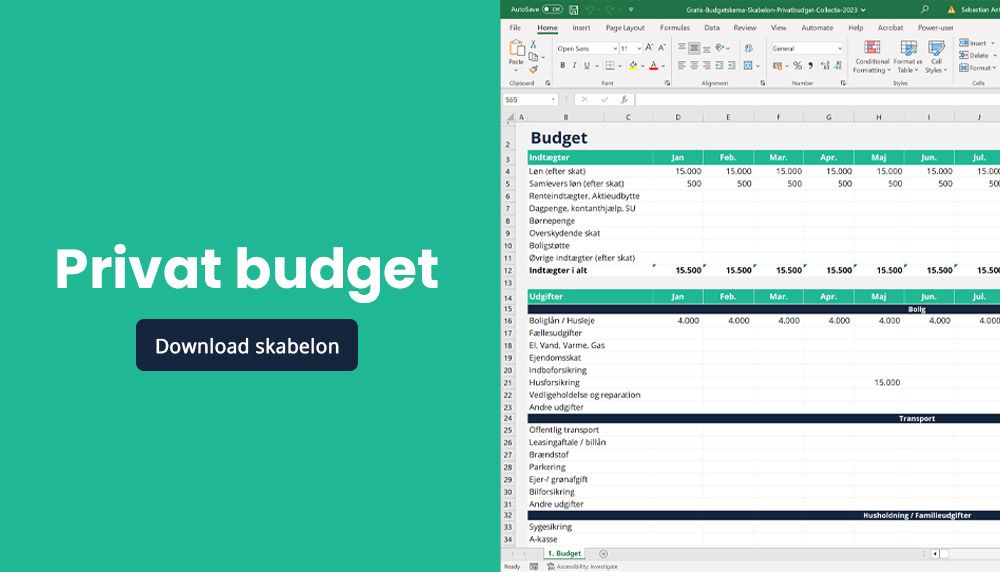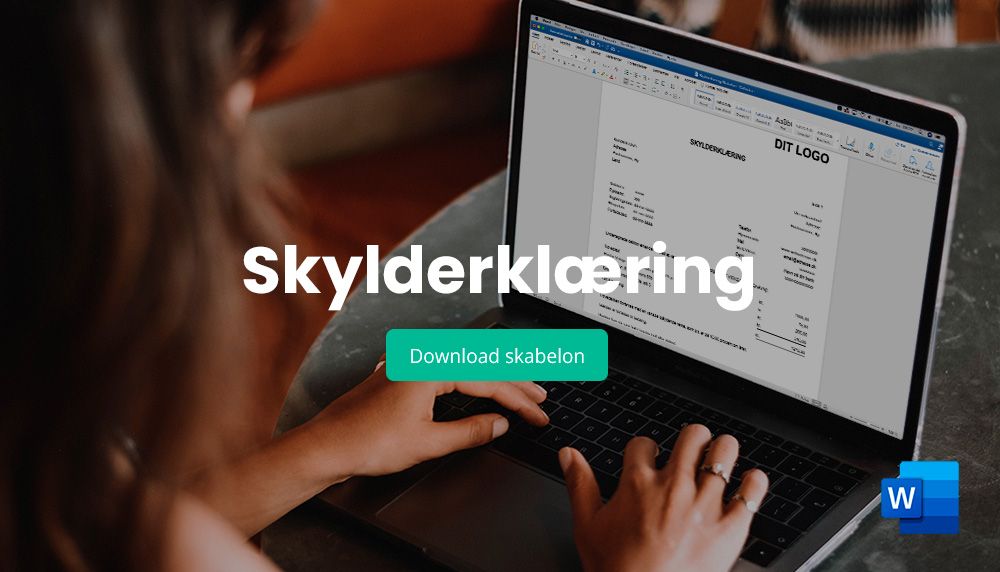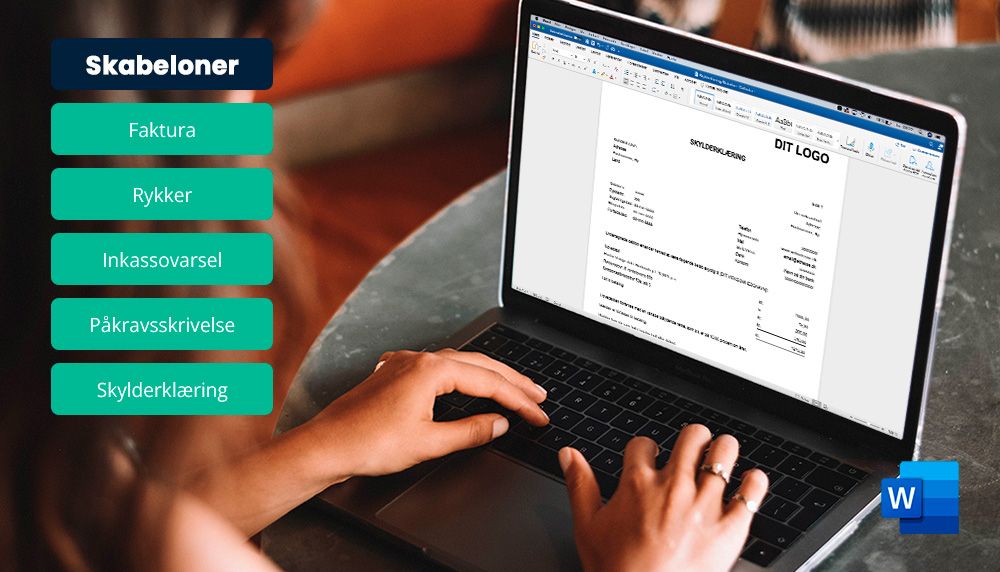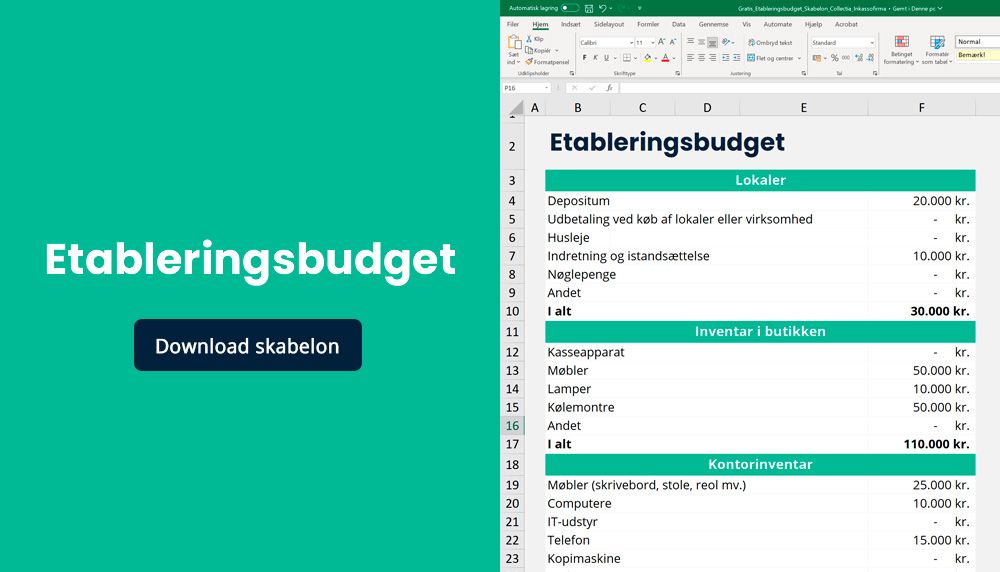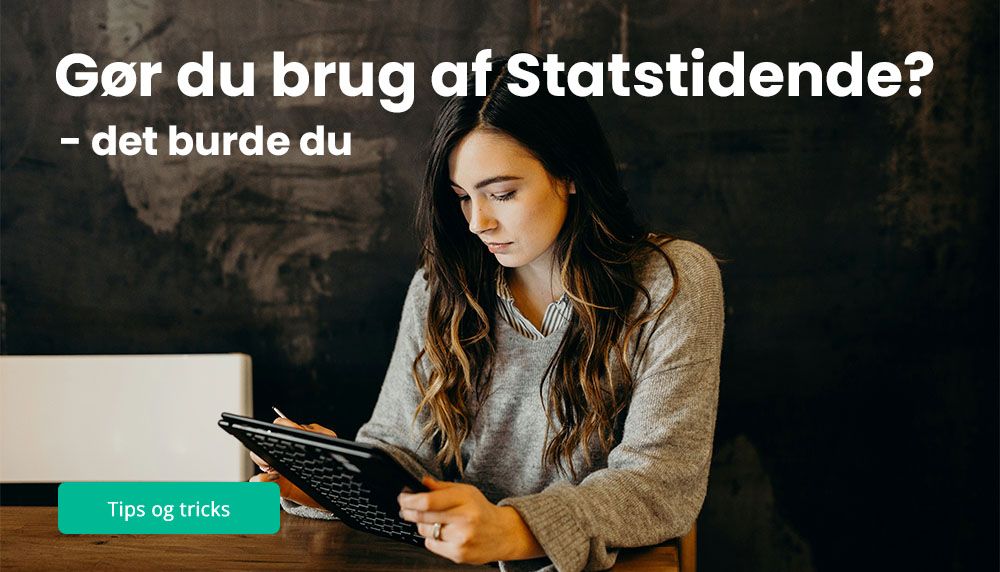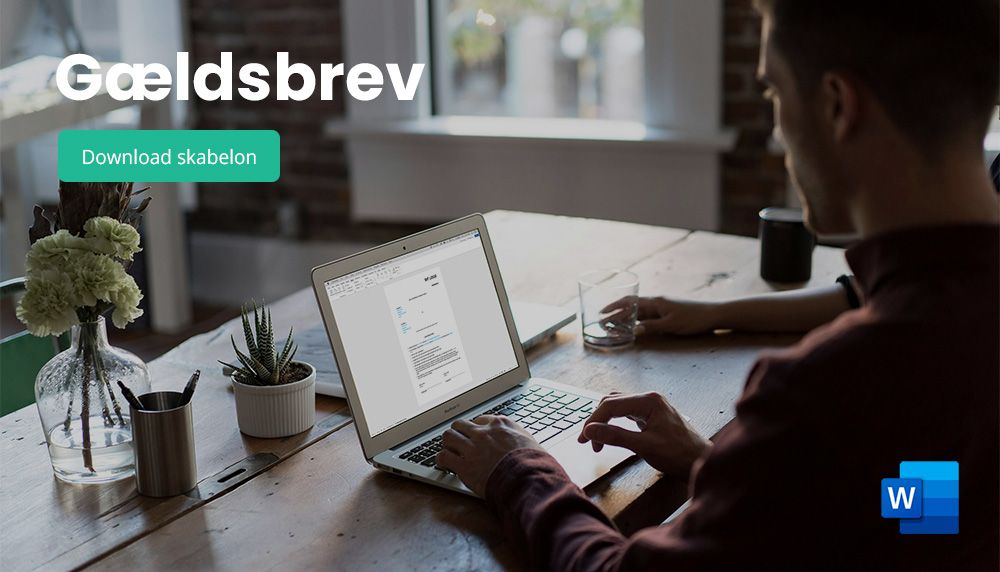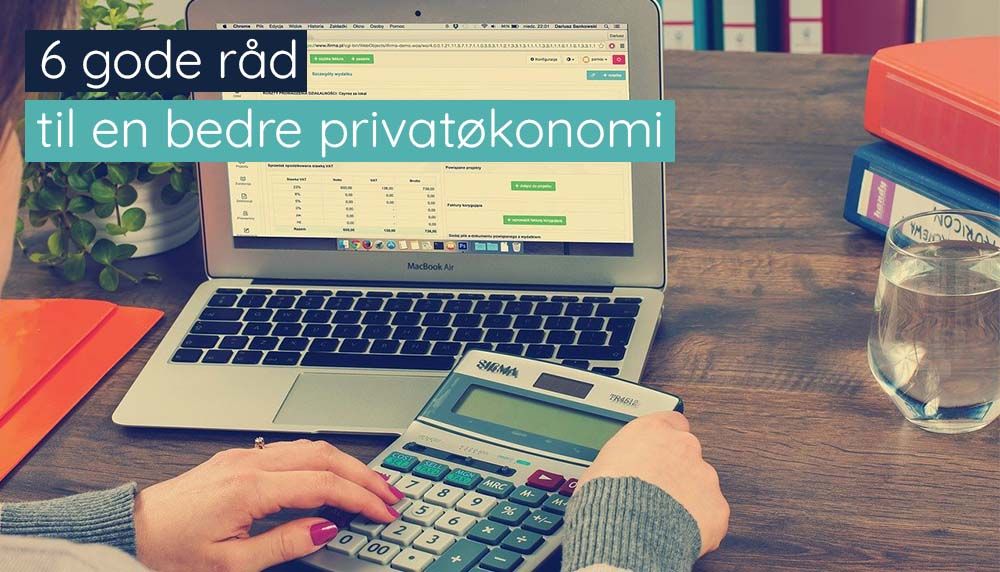
6 tips to improve your personal finances
Collectia is a modern debt collection company that uses leading technologies and debt counselors to help Danish companies recover their unpaid invoices.
Collectia has some of Denmark's most skilled debt advisors who help Danish private individuals and companies out of their financial situation on a daily basis.
At Collectia, as a debt collection company, we have a great social responsibility to make our knowledge and technology available to help as many people as possible with their financial challenges - for the benefit of Danish debtors and creditors.
Based on our more than 150 years of experience as a professional debt collection company, here are our 6 best tips on how you as a private individual can get a better personal finances. 6 tips that will undoubtedly benefit your finances.
1. Create an overview
The key to a good financial situation is to have an overview of it. No matter what your financial situation looks like, it is necessary to have an overview of your income and expenses, otherwise you won't know what you are navigating from.
Unfortunately, many people have little or no overview of their finances - and often it is the expenditure side that is not completely clear.
Our recommendation is that you get an overview of your monthly finances. Start with a simple Excel sheet or on paper - your income minus your expenses. It may sound simple, but start like that.
Online banking often provides a good insight into your spending if most of your expenses are charged to your debit card. However, if you have a lot of cash payments, accounting for expenses can be a challenge.
Start by writing down all your fixed expenses. Note that some expenses may be deducted annually, semi-annually, quarterly and monthly.
Then you'll know what your disposable income is each month.
2. Make a budget - and stick to it
Once you have an overview of your income and expenses, you are ready to create a budget - start with a simple one and maybe expand it over time.
We recommend that you create a budget in Excel or Google Sheets, for example. This is by far the most flexible way to do it, allowing you to customize and add your expenses on an ongoing basis.
The budget can give you an overview of your income and, after deducting your fixed expenses (rent, telephone, light, water and heating), you will know what you have for food, clothes, entertainment and miscellaneous. The amount of money you have available after your fixed expenses are paid is often called your disposable income.
Once you have created this table and know what your disposable income is, you can then allocate how much money you have for food, clothes and entertainment, for example. Make sure you set a realistic amount - and stick to it, otherwise you'll be in trouble.
3. Cut out unnecessary spending
As mentioned above, your disposable income is your income minus your fixed expenses, and can of course vary greatly from household to household.
However, many people can have a big impact on their disposable income, and often it is not additional income that is needed - but often one's expenses that can be looked at.
Because often you will find that you have a lot of smaller payments spread over a month that add up to a large amount in the end. For example, if you have a basic TV package and 2-3 streaming services, the example looks like this:
- Basic TV package: 200 kroner per month.
- Netflix: 179 kroner per month
- Viaplay: 169 kroner per month.
- YouSee: 169 kroner per month.
Seen in isolation, neither 169 or 200 kroner per month is a lot of money for most people, and therefore often not something we think much about. But the above example is a total monthly expense of 717 kroner - that is, over 8600 kroner a year, just for TV and streaming services.
Cutting out unnecessary expenses (subscriptions, streaming services, etc.) can often save thousands of euros every month.
4. The food post is expensive
A number of studies show that Danes spend an average of more than DKK 35,000 a year on food.
The food item covers more than 10% of our total expenditure - and this is often where you as a consumer can save the most.
Our recommendation, as with all other budget items, is to set aside your desired monthly spend in your budget and stick to it.
All studies also show that you can save a lot of money by, for example, buying in bulk - i.e. a few times a week. This avoids impulse buying and avoids buying things you don't really need.
5. Contact debt collection agencies and/or debt collection lawyers - if you have been sent to debt collection
If you have a lot of unpaid invoices, debts and loans that have gone to a debt collection agency, debt collection lawyer or bank - it is a good idea to contact them.
Most people are aware that you may be struggling to pay your outstanding debt right now. Therefore, they are often willing to make agreements, reductions in the amount, interest freezes, installment plans or similar.
Therefore, once you have an overview of your finances, we recommend that you contact your creditors - it is often far cheaper than doing nothing. Most claims and unpaid invoices that are with a debt collection company, for example, are often charged with over 8% annual interest - or DKK 8,000 for every DKK 100,000 you owe. This adds up if, in other words, you don't get a settlement plan and do nothing at all.
6. Create a budget account
The vast majority of people have a budget account, but unfortunately many don't - and that can be dangerous!
In other words, once you have an overview of your financial situation and have drawn up a budget, you will know exactly what your monthly expenses will be for your essential fixed costs: rent, electricity, water, heating, etc.
From this amount, you should transfer a fixed monthly amount to an account from which your expenses are deducted. This account should NOT be used for unforeseen expenses. This will ensure that all your fixed expenses are paid each month. Such an account is called a budget account.
Talk to your bank about setting up a budget account - they can often help you get the money withdrawn each month so you don't have to do it yourself.
